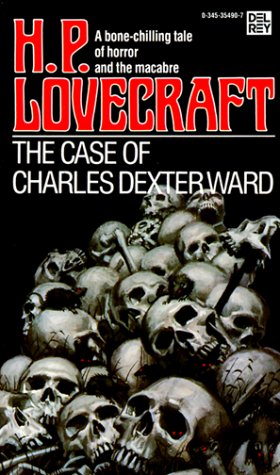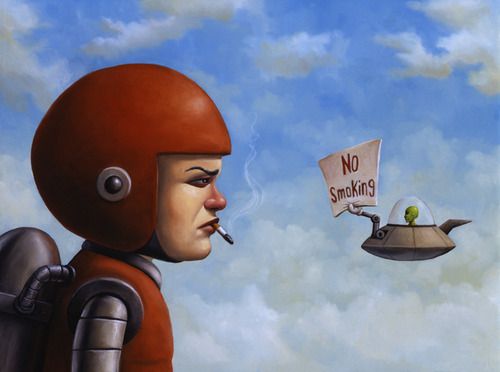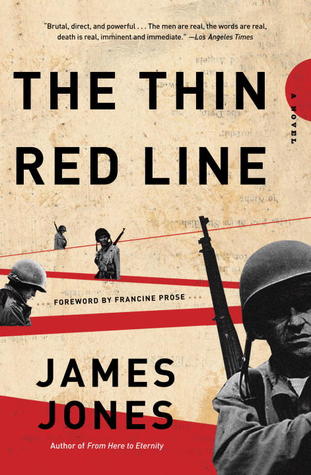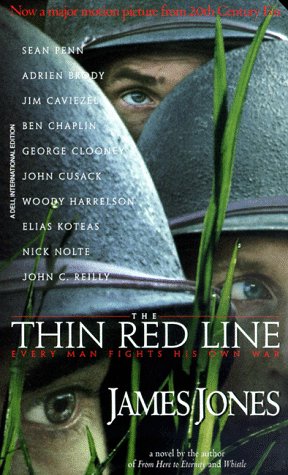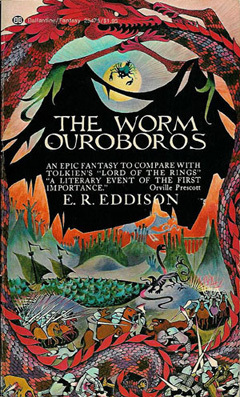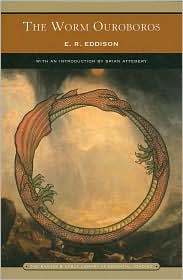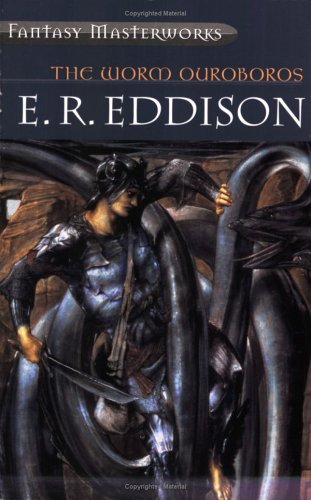Run!
this is The Wide Game: on Senior Ditch Day, seniors at the local Harmony, Indiana high school race each other through a cornfield to a quarry. the rules are simple: put some money in; if you or your group spot anyone during the game then you must trade personal items and then team up; first individual or group to the quarry wins all of the money. simple! it becomes not so simple when an accident forces eight students to slowly travel back together through the cornfield carrying the accident victim. night falls and it becomes apparent to the little group that there are things lurking in the cornfield on this special evening, shapes in the corn and figures in the fog, things that whisper in your mind, things that want to play with you, things that stalk and hunt and kill. or force you to kill.
Run!
 there is a lot that I found to be surprisingly and personally enjoyable in this one. the senior class in question is class of 1988. so was I! they listen to songs like Oh Yeah by Yello. so did I! our protagonist wants to direct thrillers when he grows up. so did I! the neighboring South Bend, Indiana is considered a Big City, heh. I lived in South Bend!
there is a lot that I found to be surprisingly and personally enjoyable in this one. the senior class in question is class of 1988. so was I! they listen to songs like Oh Yeah by Yello. so did I! our protagonist wants to direct thrillers when he grows up. so did I! the neighboring South Bend, Indiana is considered a Big City, heh. I lived in South Bend!the book has some problems. there is at times a cringe-inducing and rather amateurish clumsiness to the writing. supporting characters who are flattened into caricature. a character who is eliminated by a murder of crows (nice one) just disappears from the story. where's that body?
but none of that matters during the book's lengthy central portion, it's pièce de résistance: the increasingly ominous then terrifying nighttime journey through the cornfield by our band of protagonists. all the problems with the prose fall away during the middle of the book; the story had its hooks into me and wouldn't let go until the end. West creates a wonderfully spooky and menacing atmosphere, indulges in some over-the-top gore, and even plays a couple narrative tricks on the reader to ratchet up the suspense and horror. it all worked perfectly during these chapters. I was absorbed and frightened. if you like to be scared, I highly recommend the central part of The Wide Game. it's awesome and would make a great horror flick.
some spoilers in the next paragraph but I will try to keep it ambiguous
I have to make mention of a repulsively fundamentalist twist in the book. it made me so furious that I nearly deleted the book from my e-reader. teens who commit suicide suffer in hell forever? emphasis on suffer, emphasis on forever? teens who have been terrorized, abused and mentally tortured, made genuinely unstable? they are condemned to suffer in hell forever, really? I don't hate a lot of things (outside of, say, genocide or child molestation or rape), I try to keep an open mind about context and personal perspective. but I think I can honestly say that I don't just loathe that particular point of view's cruelty, I loathe any person who genuinely thinks that way. I think it is an evil perspective. I hope this is not the author's actual viewpoint but the religious framing within the novel makes me suspect otherwise. when I come across such a loathsome, unempathetic, cruel way of looking at life and the afterlife, when I have the misfortune of meeting someone who actually thinks this way... I only want to do one thing.
Run!










